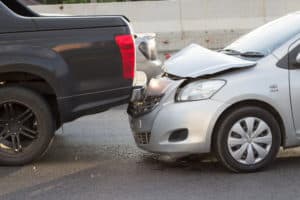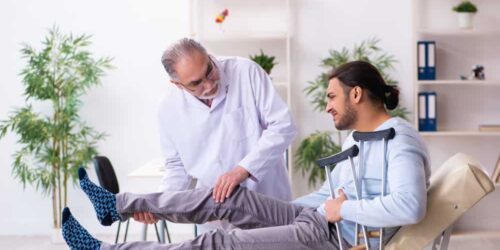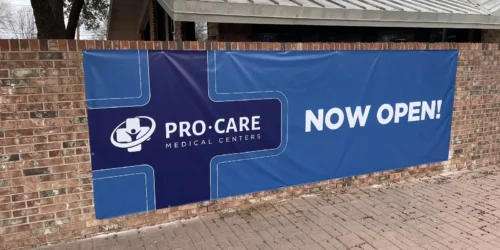
Common Injuries from Rear-End Collisions
A rule of thumb with car accident injuries is that if your car was damaged in the collision then your body likely has been injured too. While minor cuts and bruises can heal on their own, headaches that won’t go away or pain lasting for days in your neck and back can all be signs of something more serious going on. Here are three examples of common injuries from getting rear-ended:
Whiplash
When your body is jostled in a car accident, your head may snap forward and then backward because of the strong force. This is called whiplash and can affect your head, neck, back, and even your shoulders. Whiplash can affect the muscles and bones in your neck as they are affected by this unnatural movement. Your neck muscles may strain as they are suddenly stretched out of their normal range of motion, which can lead to some serious pain. Whiplash can also lead to spinal injuries as the vertebrae in your neck may be damaged in the accident. Symptoms of whiplash include headaches, neck pain, back pain, sore and stiff muscles, and nerve pain.
Sprains and Strains
When your muscles and soft tissues are injured in a car accident it can cause sprains and strains. The difference between a sprain and a strain has to do with what muscles, tissues, and bones are involved. A sprain occurs when the muscle or tissue attached to the bone is injured. A strain happens when the tissues connecting two bones together are injured. If you’ve experienced a sprain or strain from a rear-end collision, these are most common in your neck, back, and shoulders. In addition to feeling pain in that area, you may also notice bruising from the accident. You might also feel like your muscles are stiff and it can be uncomfortable to turn your neck or raise your arm.
Herniated Discs
A herniated disc is more commonly known as a slipped disc, which refers to the discs that separate each of the vertebrae in your neck and back. The unnatural jostling back and forth in a rear-end collision can cause both whiplash and a herniated disc. If a disc separating two vertebrae in your neck gets forced out of place with the force of the accident, it can lead to intense pain and discomfort in your neck. The disc could also press on a nearby nerve, sending tingles or a pins and needles feeling through one of your arms or legs. If a herniated disc occurs in your lower back, the slipped disc may press on your sciatic nerve which can lead to pain, numbness, and tingling in your behind and legs. Pressure on your nerves can also cause weakness in the area and you may notice it more when you are moving around.
Importance of Seeing a Doctor Right Away
There are a number of injuries you can experience after a rear-end collision and it is important to see a car accident injury chiropractor as soon as possible because many symptoms are similar. A doctor who specializes in car accident injuries has the knowledge and experience to diagnose a specific car accident injury and develop a treatment plan so you can begin to experience pain relief and healing as soon as possible.
One tricky part of car accident injuries is that not all symptoms may show up right away. Because a car accident can be such a stressful, overwhelming experience, your body is likely full of adrenaline and you might even be in shock. These feelings can actually mask some of your more serious symptoms and pain until hours after you’ve been rear-ended. If you start to notice your symptoms getting worse in the hours and days after a car accident then you should see a car accident doctor right away before the pain and other symptoms get worse and begin to affect your daily life. The team of car accident doctors at ProCare can help develop a treatment plan to relieve any pain or other symptoms you are feeling so you can get on your way to experiencing a full recovery. Contact us today.



